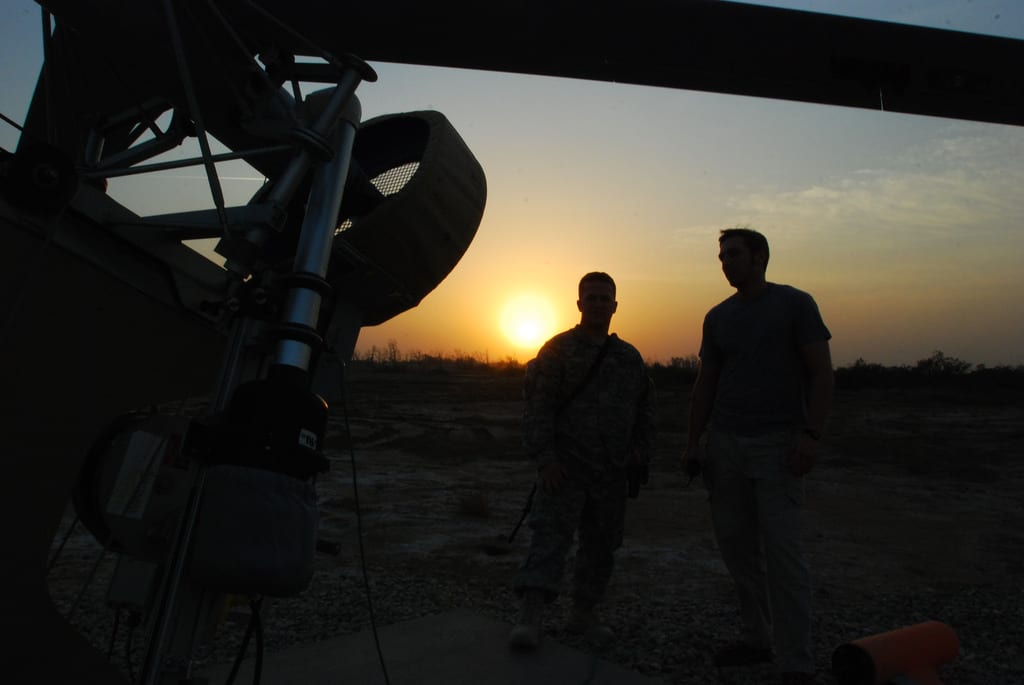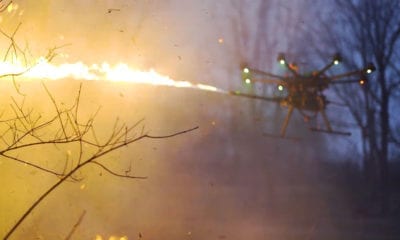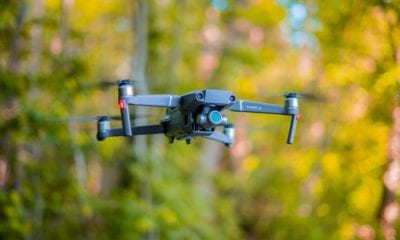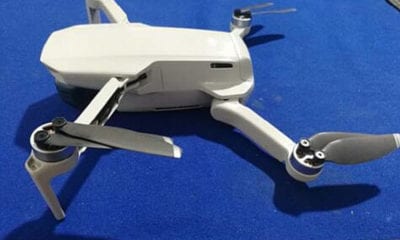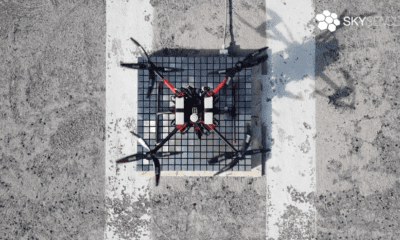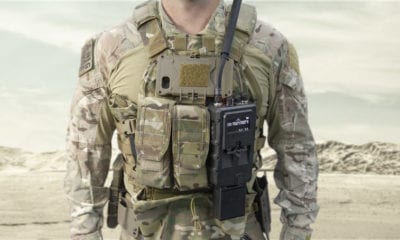Are Current Laws of War Adequate to Address the Use of Drones?
Nowadays, it is almost impossible to imagine warfare without unmanned aerial vehicles, or drones. For instance, they have been deployed in the war in Iraq and Afghanistan. Are the current laws of war adequate to address the use of drones? PhD candidate James Welch will defend his thesis on 21 March.
The reason that Welch undertook the research, which culminated in The Grotius Sanction: Deus Ex Machina. The legal, ethical, and strategic use of drones in transnational armed conflict and counterterrorism, was in fact two-fold. ‘First, there was my own personal driving interest in the topic and secondly, I felt there was a gap in both the literature and the knowledge. I was hoping to open a discussion into a relatively ignored yet vitally important aspect of international law, and more precisely the law of armed conflict. In addition to these previously mentioned factors was the challenge to address the glaring polarization surrounding the topic of robotic warfare in general and armed drones in particular.’
The research at least initially revolved around the legal ethical and strategic aspects of drone warfare. ‘But as the project developed, I soon became aware of the fact that in order to speak authoritatively about drone warfare, I would also need to address the phenomenon that led to its inception: terrorism. This phenomenon represents a grey zone; an entirely new paradigm of warfare. International terrorism has not been dealt with in a cohesive fashion.’
Role of the CIA
Much of this research revolved around a cross-referential examination of the existing literature on the topic as well as interviews with various experts in the field. ‘I complimented these written sources with my own experiential knowledge and observations drawn from my own field service in Iraq (2010) and Afghanistan (2012). By the time the project was nearing completion, it became readily apparent that one could not speak about drones without also addressing, at least to a certain extent, a host of other inter-related topics as well. These included the role of the CIA in drone warfare, the question of non-combatant casualties, the principles of self-defence, intent and imminence, the targeted killing process and autonomy to mention but a few.’
One of the most important conclusions of this research was the observation that the laws of war as they currently stand are inadequate to deal with the new type of hybrid transnational armed conflict that the world currently faces. ‘To say that my position was not without controversy might be an understatement. This being said, different does not automatically equate with wrong.’
Tribunal
According to Welch, the laws of war should be re-examined and either drastically revised or replaced. ‘Secondly, I proposed that a new legal personality should exist for state-like terrorist organizations, which I labelled ‘SIE’s’ or state-like international entities. Those groups who possess, for all intents and purposes, the same attributes as those of states, could then be judged for their behaviour before an international tribunal.’
Welch realizes his recommendations are drastic and would take time. ‘Modifying long-standing laws of war is not a project to be undertaken lightly. There is much opposition to this view. We must, however, have an adequate framework to replace them, should that be the chosen path. Academic research has the distinct advantage of questioning the status quo and stimulating debate on the topic. The function of this research was to encourage further research, debate and ultimately action on this contentious topic. The failure to hold non-state actors, such as terrorists, to the same standards as the military is tantamount to fighting with one arm tied behind the back.’
Supervisor prof. P.B. Cliteur on the research of James Welch:
The American PhD student James Welch hopes to defend his thesis on ‘drones’ on Thursday. More specifically: armed drones. Drones are unmanned aircraft, sometimes very small, that can be controlled remotely. They can be used for many things, including military purposes. Is that justified? Is it justified ‘legal’ according to the standards of international law? Is it morally responsible, that is, according to the norms of morality?
Intuitively, it feels a bit like ‘cheating’. Who has been eliminated by a drone has had no chances, as you have in a man-to-man fight. But is that so special in a war? Sometimes in ordinary wars, small armies also fight against large armies, armies with poor armament against armies with advanced armament. Is the use of drones really something new?
Welch concludes that, although the use of drones may be legally and morally justified, the use of drones may nevertheless not be strategically sound.’

